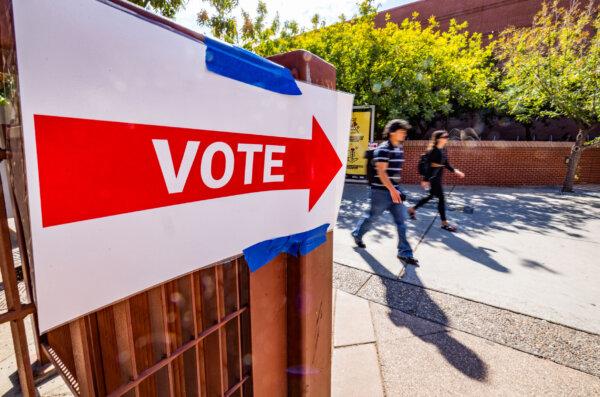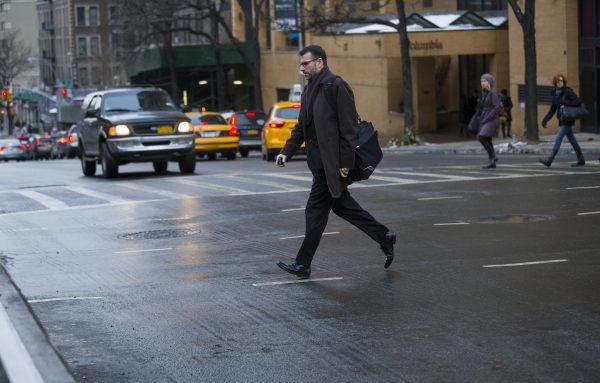Elon Musk Can Proceed With $1 Million Giveaway
Elon Musk can continue with his $1 million giveaways to U.S. voters, a judge ruled on Oct. 31.Musk had been sued by Philadelphia District Attorney Lawrence Krasner for giving away $1 million cash prizes to voters in swing states who had signed a petition with his America PAC group to say they were in support of the U.S. Constitution.
Krasner argued that Musk’s actions amounted to election interference, but a judge has ruled to put the case on hold while a federal judge decides whether or not to take up the case.
The swing states in question—Pennsylvania, Georgia, Nevada, Arizona, Wisconsin, Michigan, and North Carolina—are not historically aligned with a political party and could vote either way.
McDonald’s E. Coli Outbreak Increases to 90 Cases
An E. coli outbreak at McDonald’s fast food restaurants has increased to 90 cases, U.S health authorities revealed on Oct. 30, although they appear to be from before the company took action to remove outbreak-linked onions from their McDonald’s Quarter Pounders.The Centers for Disease Control and Prevention said there have been 15 new cases with five new hospitalisations.
McDonald’s CEO Chris Kempczinski issued an apology on Oct. 29.
Number of Early Voters Surpasses 65 Million
Nov. 5 is less than a week away and the number of people who have already cast their vote has surpassed 65 million.The number of people voting in person is 34,277,250, and so far 30,680,312 mail-in ballots have been returned.

Jaywalking Becomes Legal in New York City
Jaywalking, a term used to describe pedestrians crossing the street outside designated walkways and against traffic lights, has now become legal in New York City.The new law went into effect on Oct. 28, allowing pedestrians to cross the street at any location and disregard traffic light signals, although the new law states that crossing outside of designated walkways does not give pedestrians right of way.
Jaywalking became an offence in New York City in 1958, carrying a maximum penalty of $250.
The term jaywalking originated in Kansas in the early 1900s, from the term “jay” meaning an ignorant person. Then with the rise in popularity of the car industry, the term “jay driver” was applied to someone who didn’t follow traffic laws, before becoming immortalised as “jaywalking” during the height of pedestrian killings in America.
Council Member Mercedes Narcisse said in an emailed statement, “Let’s be real, every New Yorker jaywalks.”







